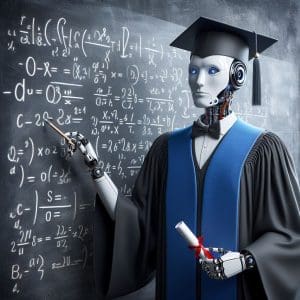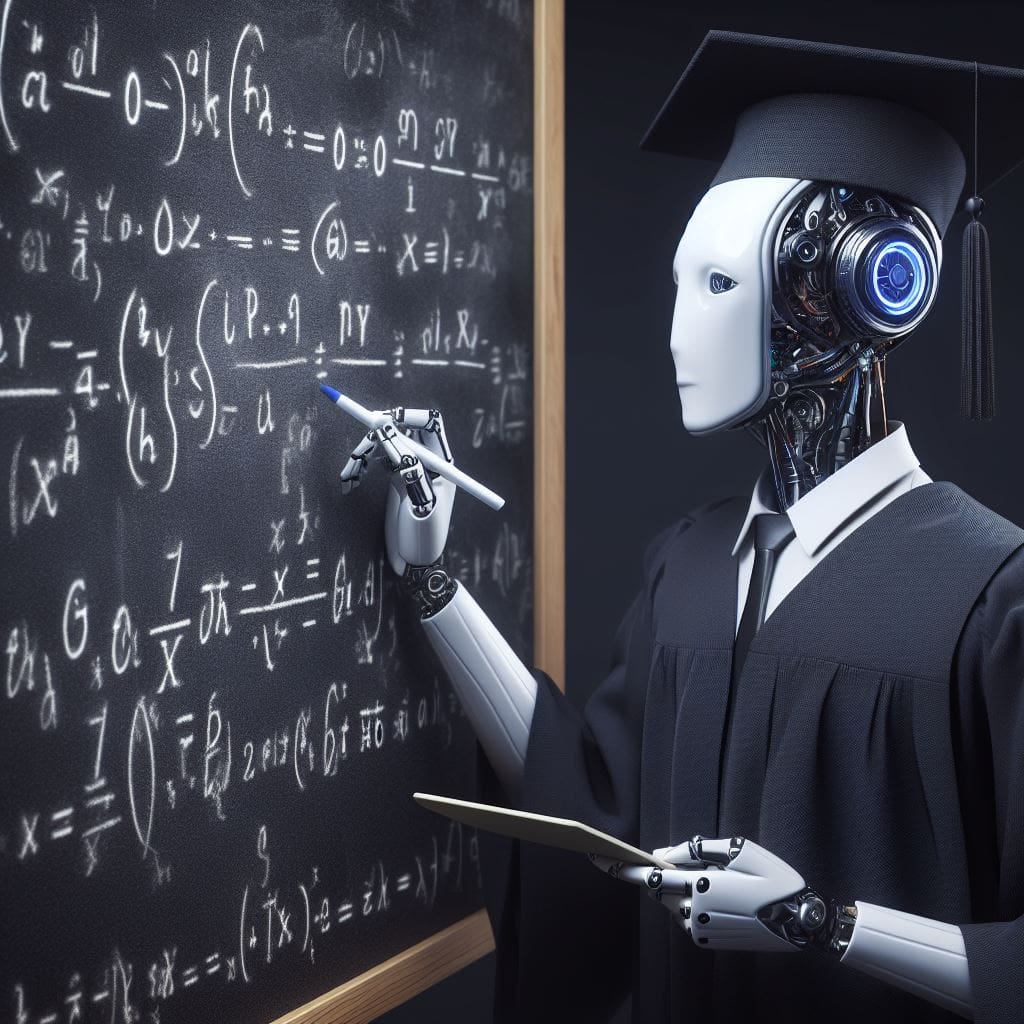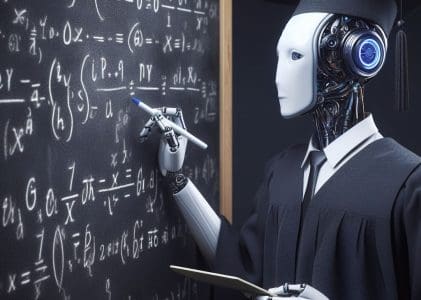Listen to the story
To address this challenge, researchers are exploring ways to improve the mathematical problem-solving capabilities of LLMs. This includes adjusting the training data and feedback strategies, equipping models with expanded background knowledge, and composing LLMs with existing computational mathematics systems. Recent efforts to build in principles from cognitive science have also seen success. Cognitive scientists study how humans think and learn, and they have developed a wealth of knowledge about mathematical cognition that can be applied to AI. For example, cognitive scientists have shown that humans are able to learn mathematics by abstracting away from specific examples and developing general principles. This ability to abstract is essential for solving new mathematical problems. Cognitive scientists have also shown that humans are able to reason about mathematics in a variety of ways, including using logic, intuition, and analogy. These different ways of reasoning can be used to solve different types of mathematical problems. By drawing on insights from cognitive science, AI researchers can develop LLM that are better able to understand and practice mathematics at the level of human mathematicians. This work has the potential to lead to the development of AI mathematicians that can help us push the frontiers of mathematical knowledge and reflect back on how we are even capable of remarkable achievements of mathematical cognition. Here are some of the key takeaways from the paper from the research study on which this article is based and which can be downloaded below: We offer a wide range of services, including: Click here for more information Opens in a new tab Since, despite that these models are achieving tremendous performance in many realms of human expertise, such as medicine, law, and creative writing, the performance of these models on mathematics specifically lags behind.
Since, despite that these models are achieving tremendous performance in many realms of human expertise, such as medicine, law, and creative writing, the performance of these models on mathematics specifically lags behind.Cognitive science to train AI Mathematicians
Prospects of AI and Mathematics
Information from B-InteraQtive Publishing




